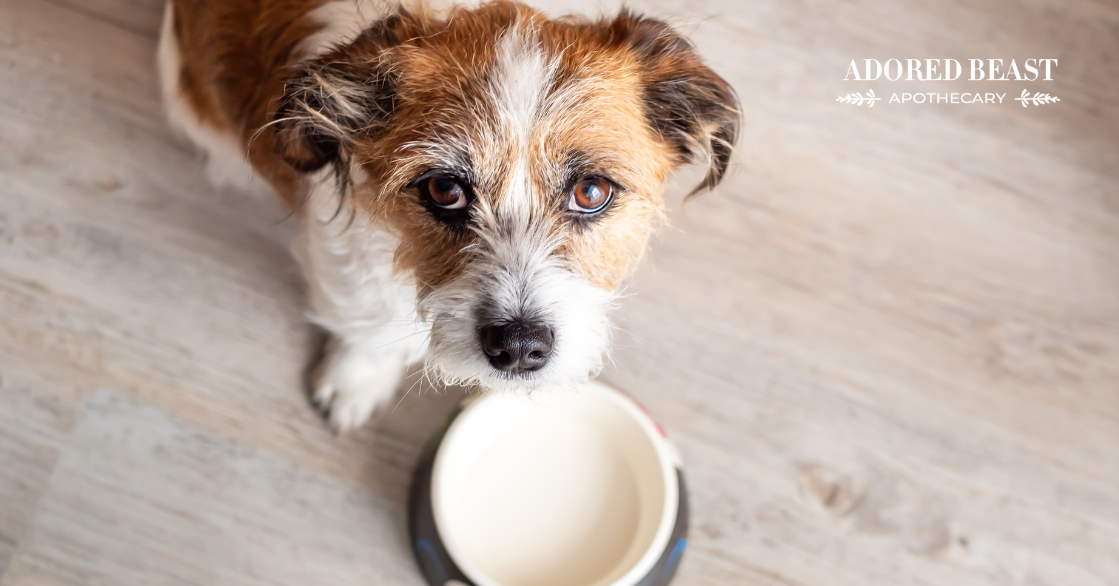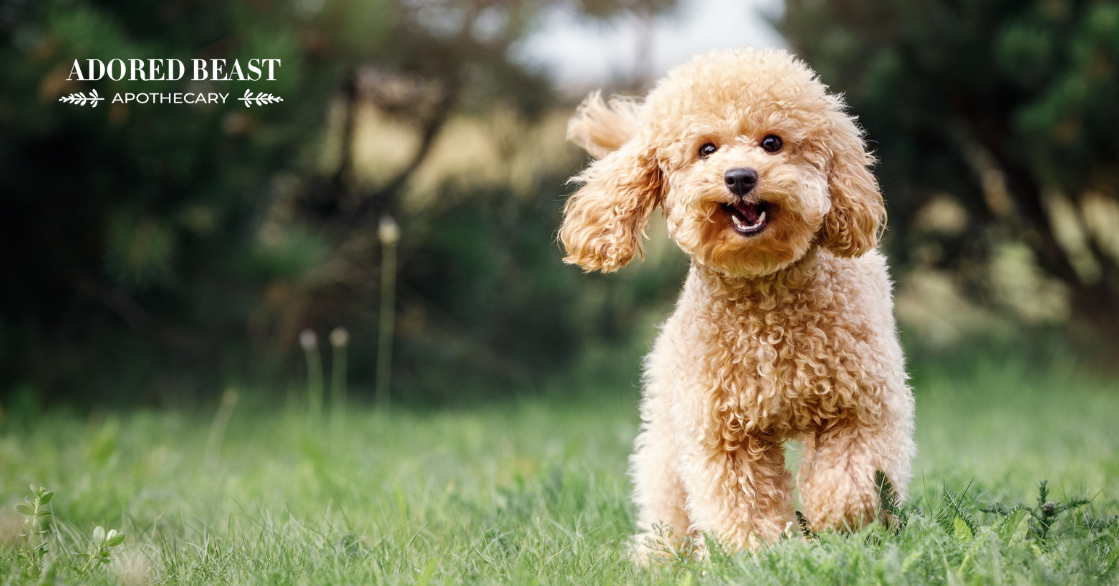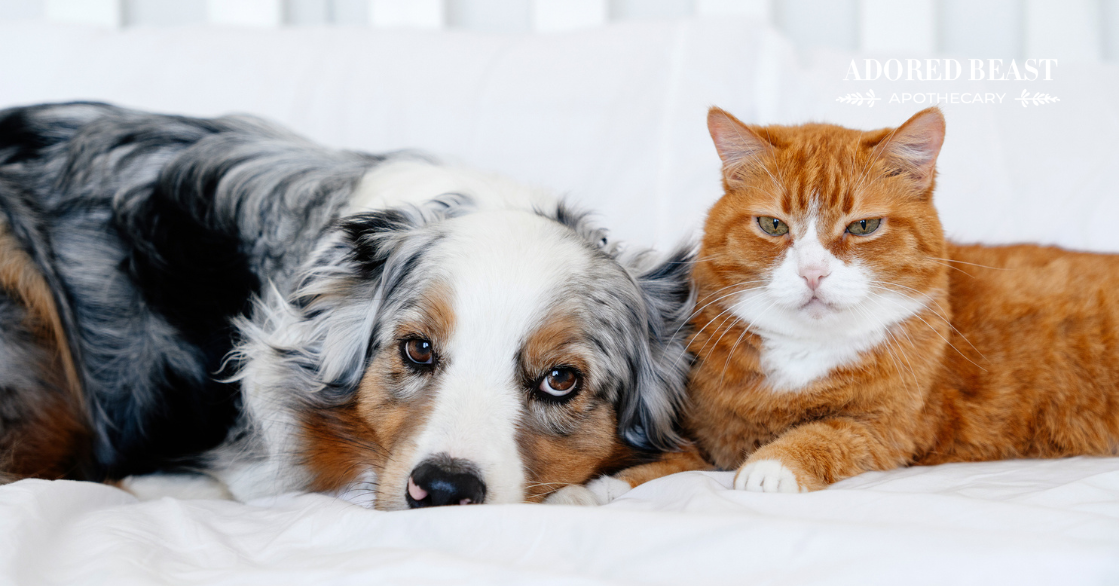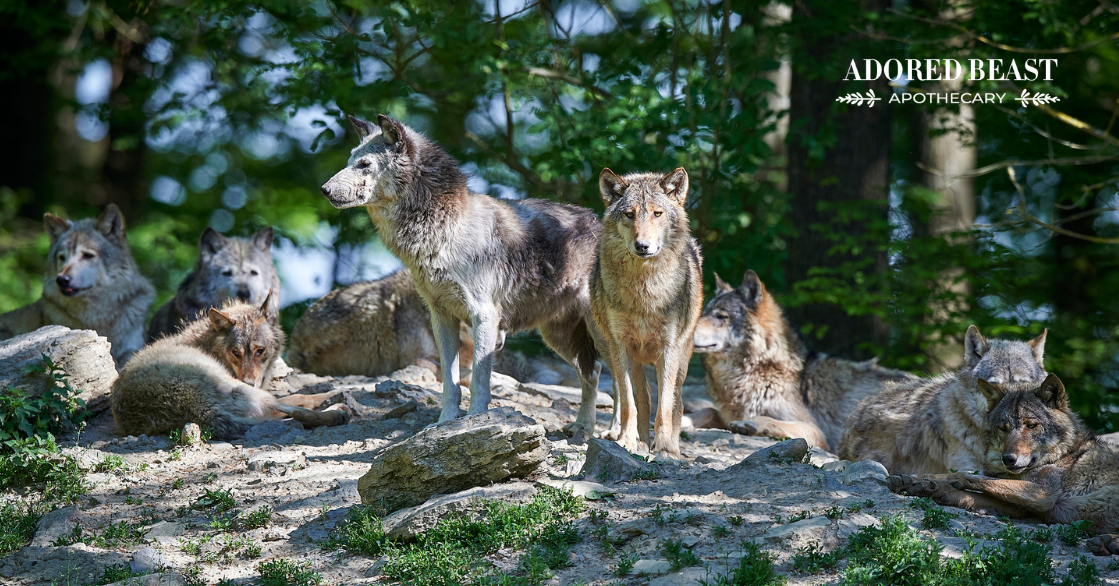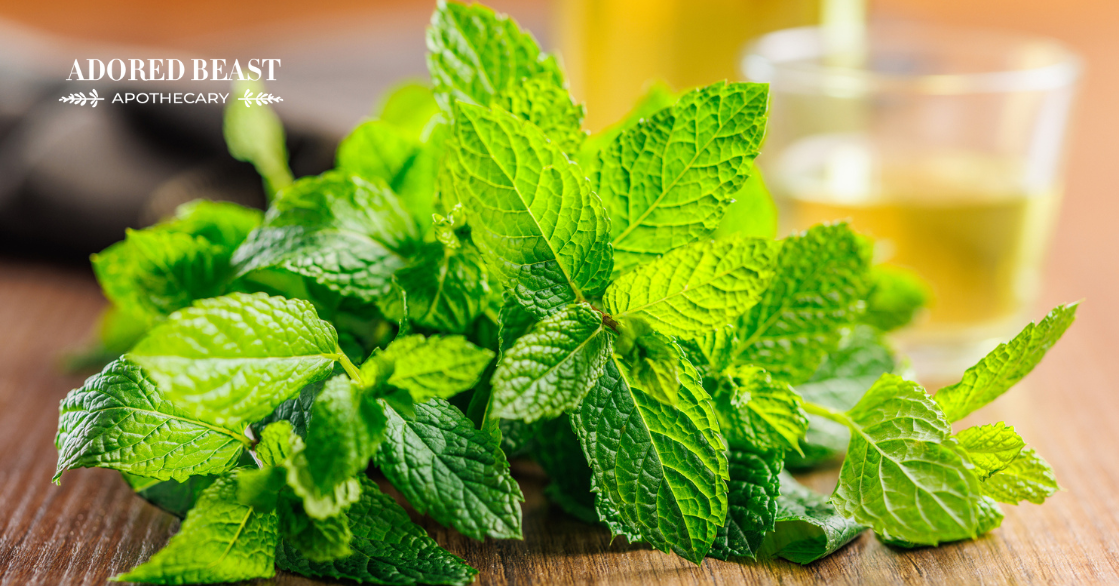For a short period, back when she was young, Indi started vomiting first thing in the morning. It was always just bile, a small amount, and it wasn’t every day, but regularly enough. Thankfully, I knew what it was, so I didn’t panic, but that may not be the case for every pet parent!
Hunger pukes in dogs and cats are actually a fairly common issue many dog parents face. This is when an animal vomits bile, a yellowish or greenish fluid produced by the liver, typically on an empty stomach. So today we’re covering what causes hunger pukes, recognizing the symptoms, and what you can do to prevent them or stop them when they strike.
What are Hunger Pukes in Dogs & Cats?
Hunger pukes in dogs and cats, also known as bilious vomiting or bilious vomiting syndrome, occur when bile irritates the stomach lining, leading to nausea and vomiting. Bile is an acidic substance that helps digest food, and it flows from the liver to the small intestine.
When a pet’s stomach is empty for an extended period, bile can accumulate and back up into the stomach, causing irritation and vomiting. This is what it usually looks like:
- Vomiting Yellow or Green Bile: This is the most obvious sign, usually occurring early in the morning or after a long period without food.
- Nausea: Signs of nausea include drooling, licking lips, or gulping.
- Lethargy: An animal may seem less active or tired due to the discomfort.
- Loss of Appetite: Your pet may be reluctant to eat, exacerbating the problem.
If your adored beast is puking in the morning, several factors can contribute to it:
- Empty Stomach: The most common cause is an empty stomach for an extended period, usually overnight. Pets fed once a day or irregularly are more likely to develop bilious vomiting.
- Diet: Irregular feeding schedules or poor-quality diets can exacerbate the issue.
- Stress or Anxiety: Stress can affect the digestive system and lead to bile accumulation.
- Medical Conditions: Animals with underlying health conditions or digestive disorders are at higher risk. Certain conditions, like gastrointestinal disorders, pancreatitis, or liver disease, can also cause bilious vomiting.
- Breed Predisposition: All dogs can get them, but some breeds, like Miniature Schnauzers, Yorkies, and Shetland Sheepdogs with their sensitive digestive systems, are more prone to digestive issues and hunger pukes.
How to Help Stop Bilious Vomiting
In almost all cases, stopping bilious vomiting involves managing your pet’s diet and feeding schedule, as well as addressing any underlying health issues. Here are some tips to help stop hunger pukes:
- Frequent, Small Meals: Feed your pet smaller, more frequent meals throughout the day to prevent an empty stomach. This can be especially important before bedtime.
- Quality Diet: Ensure your animal’s diet is high-quality and easily digestible. Avoid fatty or low-quality foods that can irritate the stomach.
- Late-Night Snack: Feeding a small snack before bed can help prevent overnight bile buildup.
- Consistent Feeding Schedule: Maintain a regular feeding schedule to keep your pet’s digestive system stable.
- Elevate Food Bowls: For some animals, elevating food bowls can help reduce the risk of bile reflux.
- Address Stress: Minimize stress and anxiety through a stable routine, regular exercise, and providing a calm environment.
- Hydration: Ensure your pet has access to fresh water at all times, as dehydration can worsen digestive issues.
With Indi, we started feeding a small meal before bed, along with some Gut Soothe. She was eating two meals a day (still is), but we found that the small additional meal before we snuggled in for the night made all the difference. And luckily, she eventually grew out of it.
That said, if, despite making changes, the bilious vomiting persists for a long period of time, consult your trusted veterinarian. The constant stress isn’t good, nor is the damage done over time as a result of the irritation to stomach lining.
Hunger pukes in dogs and cats, or bilious vomiting, can be distressing for both our animals and for us! Thankfully, understanding the causes can help you take the necessary steps to prevent it. By adjusting your furry friend’s feeding schedule, providing a high-quality diet, and addressing any stress or health issues, you can help your them avoid the discomfort of bilious vomiting and maintain a healthy, happy life.

